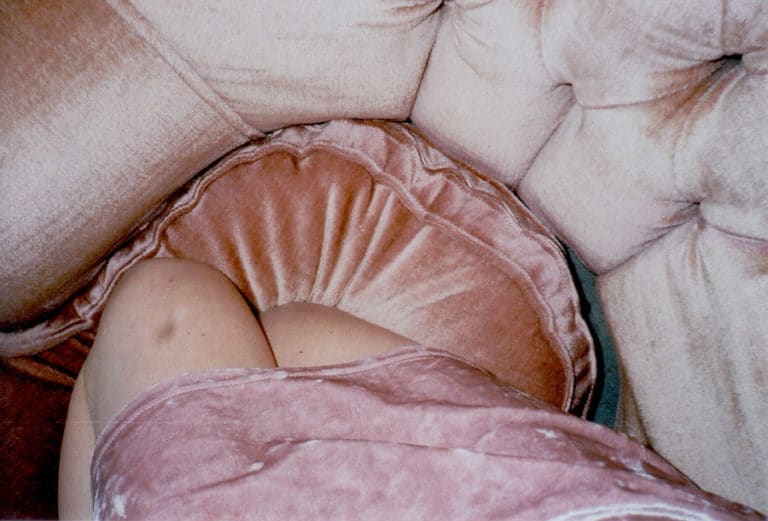Instagram is thinking of removing the ‘like’ feature, what does this mean?

Like most people, I check Instagram before going to sleep and do the same as soon as I wake up. Posting on the platform wouldn’t be that big of a deal for us if likes weren’t such a big part of the process. Likes control us as soon as we press the ‘post’ button—only after having gone through the long procedure of picking a good picture, filtering it, etc. What would it be like if this social media standard of measurement was taken out of the equation?
Last week, former Facebook executive and Head of Instagram Adam Mosseri announced that the company would be running tests in Canada on a new version of the app where users could still like posts but only the owner of the post would be able to see how many likes the picture got. It looks like the company wants people to go back to its roots—focusing on the content that we share instead of the amount of likes we receive. As nice as this sounds, coming from a social media company, it also seems too good to be true.
With apps like Instagram, Twitter, and Facebook, amongst others, likes do more than feed into our constant attention seeking behaviour and our comparison obsession. Likes help the algorithms that basically control those platforms decide which content to show first, or which ads a user is most likely to click on. This kind of data is not something easy to let go of. Even though likes are not planned to be completely removed, just hidden from other users, this new way of consuming social media content is bound to affect the way we show our appreciation for certain posts.
Social media adapts a herd mentality: when a picture that already has a lot of likes shows up on your timeline, you’re more inclined to double tap it than one that doesn’t have a lot or has none. Not only does it reinforce the problem of how we look for validation online, but it also affects our mental health. Even Kanye West said it last year in one of his rants on Twitter—social networks are damaging people’s mental health and we should be protected from knowing how many likes and followers we have.
For some of the younger users of Instagram, pressure to post often as well as like their friends’ photos quickly is part of growing up with the technology. Millennials’ social status is based on how many likes, comments, and followers they have. Changing this could be a first step towards ‘digital detox’, although comments could become the new likes.
This test could raise concern amongst celebrities and influencers, who have monetised on their popularity through sponsored posts, other types of ads and, obviously, likes. Hiding likes would make it harder for them to ‘go viral’ and see how much engagement a post receives. Instagram would only benefit now from making it harder for businesses and influencers to thrive on its platform, because people would praise them for trying to make it a safer environment.
What about in the long run? If users can’t imagine how influential you are because your likes count is secret, then advertisers and influencers will probably just find or create another platform where more money can be made through the perpetuation of this herd mentality.
Our relationship with social media, and as a result likes, has slowly turned into something bordering on unhealthy. Even though this possible new version might not be as dramatic as it sounds, it could still change a few things—for the app and for our mental health. We could go back to posting pictures just to share them with our friends, families (and fans for celebrities and influencers) just for fun. Today, social media is more about winning at life—let’s make it enjoyable again.





